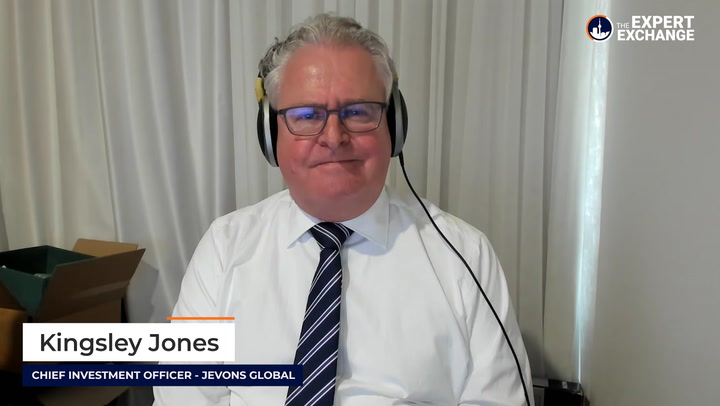- Australia’s digital competitiveness is deteriorating, with the country dropping five places in a study of 64 nations released today
- The IMD World Digital Competitiveness Ranking (WDCR) assesses 63 economies’ ability and preparedness to accept and explore digital technology
- Australia slipped to 20th in the rankings, with its key weaknesses being business agility along with digital skills and training
- It is the third year in a row Australia has dropped in the rankings, with only Poland and Bulgaria falling farther
- Australian report partner CEDA’s Melinda Cilento says the Australian government needs to appoint a Chief Technologist
Australia’s digital competitiveness is declining, with the country falling five places in a survey of 64 nations’ digital competitiveness issued today.
It is the third year in a row Australia has dropped in the rankings, with only Poland and Bulgaria falling farther.
The IMD World Digital Competitiveness Ranking (WDCR) assesses 63 economies’ ability and preparedness to accept and explore digital technology as a fundamental driver of economic transformation in industry, government and society as a whole.
Australia slipped to 20th on the ranking, with its key weaknesses being business agility along with digital skills and training.
CEDA is the report’s Australian partner and its chief executive Melinda Cilento said despite the COVID-19 pandemic leading to rapid digital adoption, Australia was not keeping pace with the rest of the world.
“Lifting digital competitiveness would enable Australia to better leverage digitisation and new technologies to create value for customers, provide new job opportunities, improve government services and find solutions to challenges such as decarbonisation and climate change,” she said.
“Of particular concern is Australia’s poor performance in terms of future readiness – our worst result in the history of the index – which unpins a country’s ability to sustain its digital competitiveness over time.”
Ms Cilento said this meant Australians would struggle to keep pace with the most digitally competitive nations and underlined the challenges the Australian government faced to meet its ambition for the nation to be a leading digital economy by 2030.
“One immediate step the Federal Government could take towards that 2030 goal is to appoint a Chief Technologist,” she said.
According to the WDCR, Australia has numerous important strengths, including its legislative framework to promote company start-ups, IT integration in terms of software piracy and e-government.
On the other hand, Australia scored 55 in terms of business agility, with executives ranking themselves particularly badly in terms of company agility and responding to opportunities and challenges.
Australia is also ranked 31st in the world for knowledge transfer between businesses and institutions.
Leading nations in this year’s statistics demonstrated strong performance in the categories of talent, training and education, whereas Australia experienced considerable drops in these areas.
Australia was ranked 45 in international experience this year, down eight places from last year’s results, 44 in digital and technological abilities, down four places, and 58 in staff training, down 10 places.
The US remained number one for the fourth year in a row owing to its highly responsive consumer attitudes, the presence of technology and corporate confidence in readily available venture capital.








